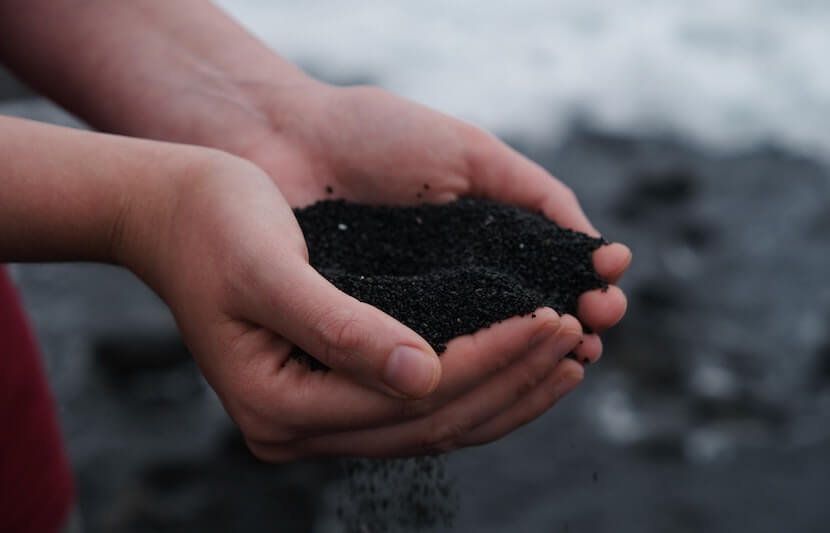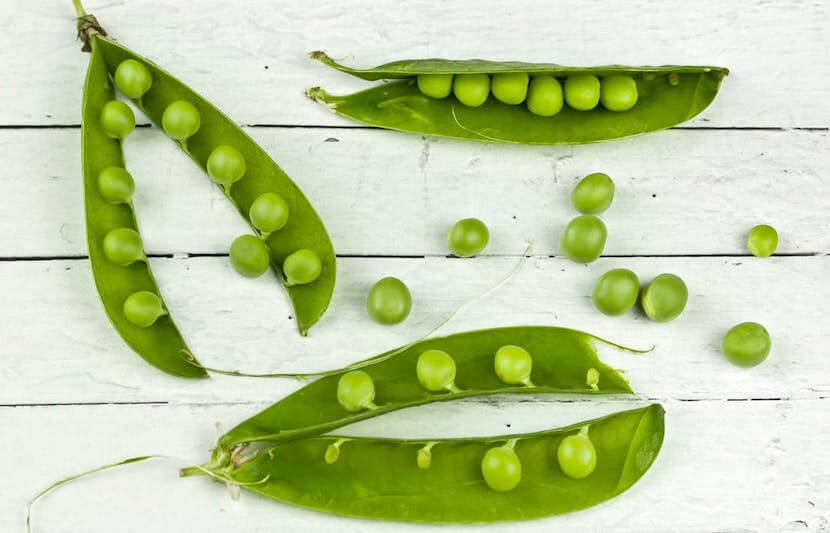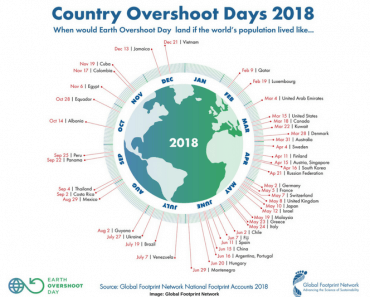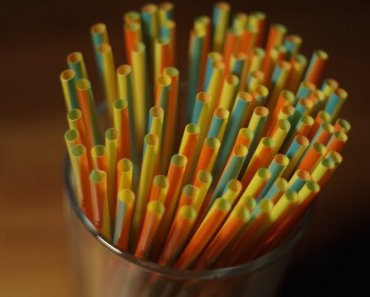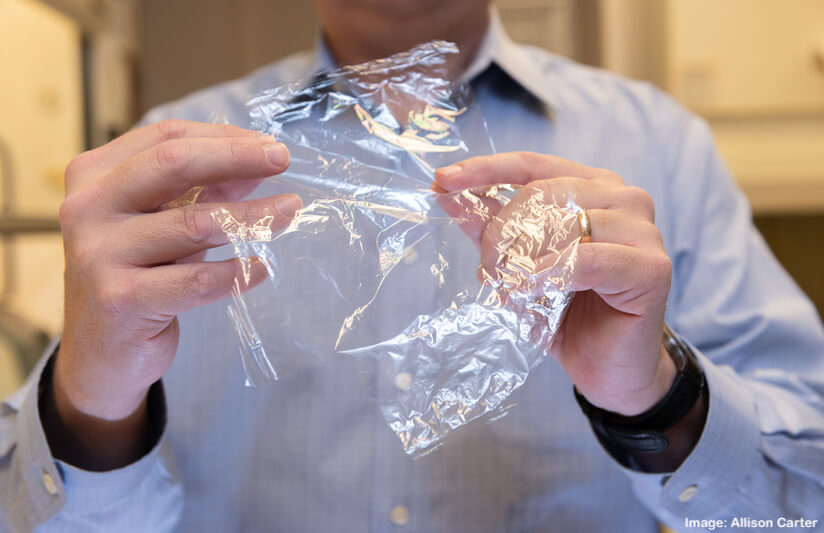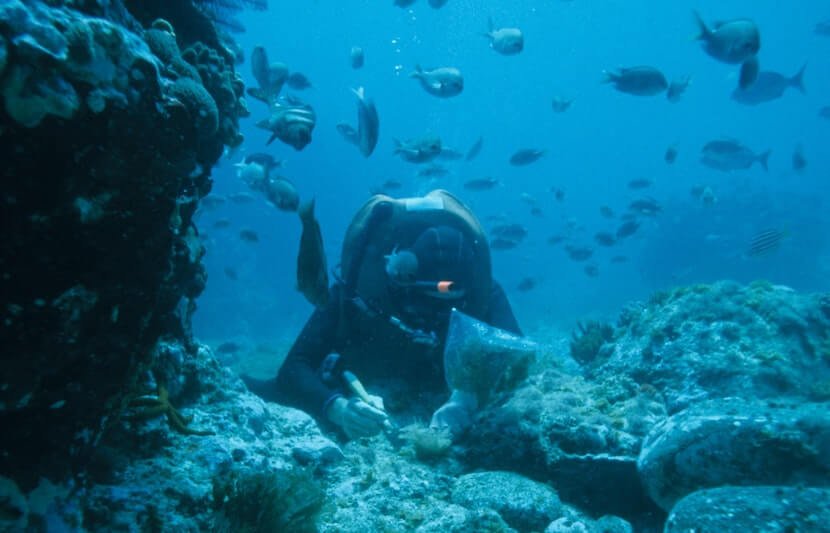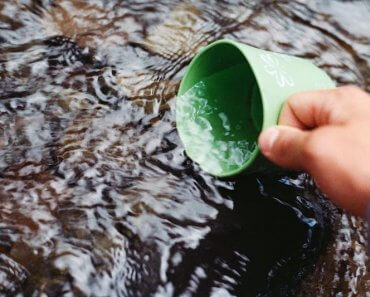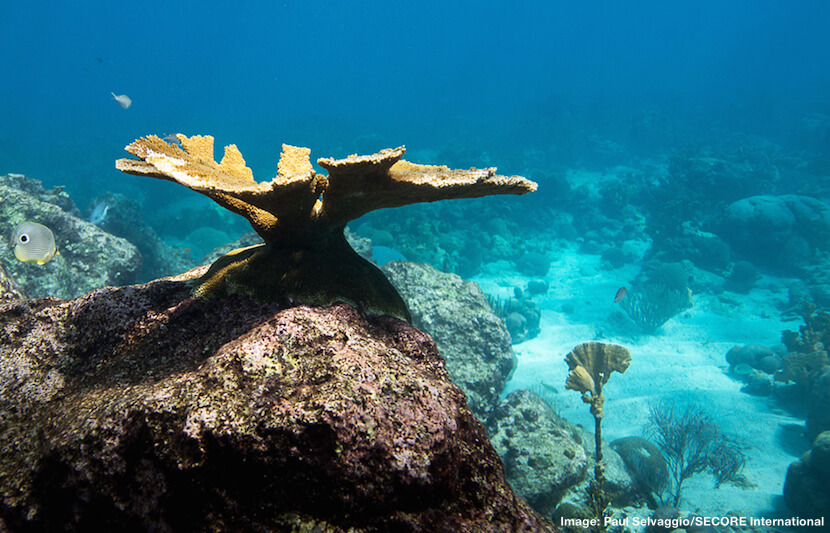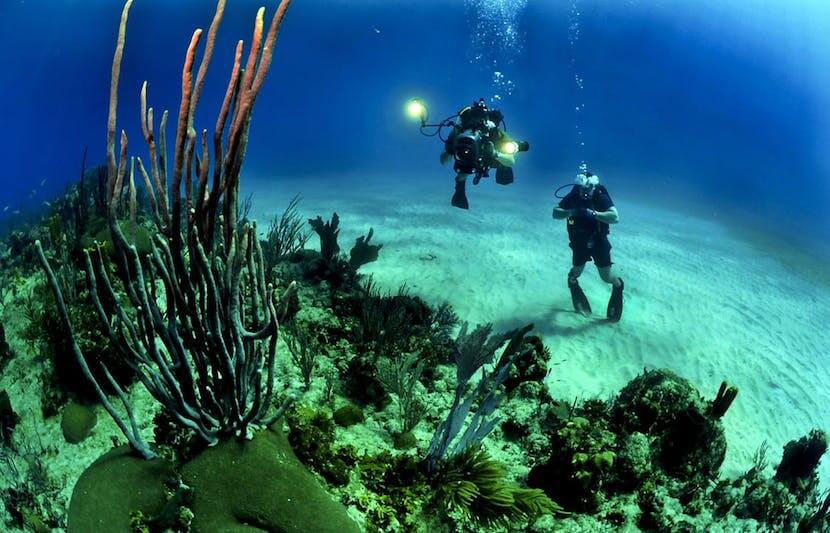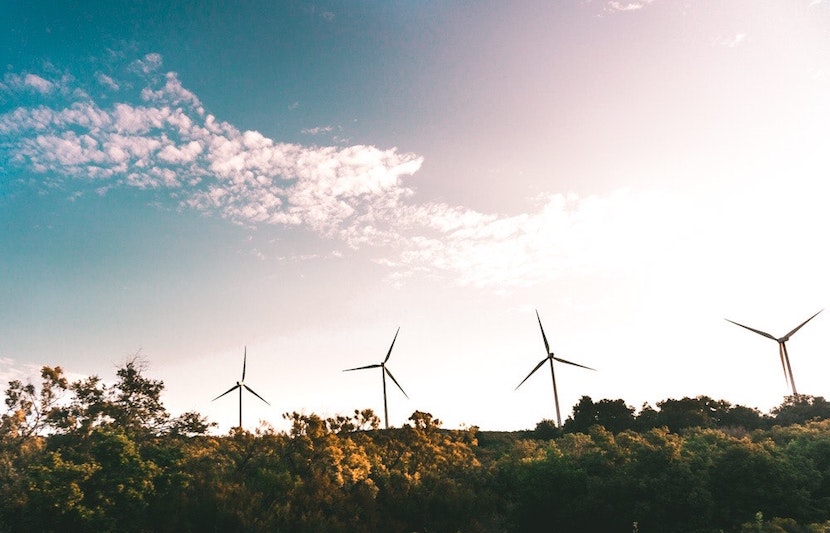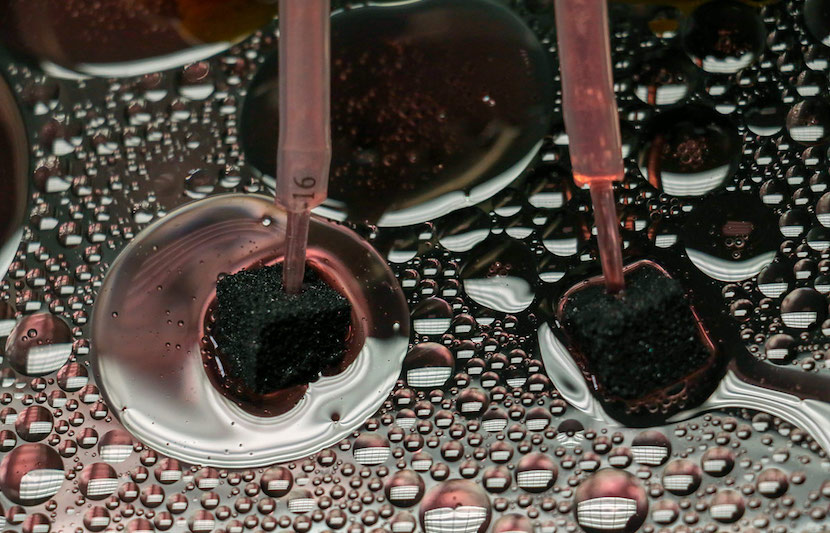-
Climate Change Is Damaging Soil Needed for Crop Growth
Extreme weather conditions caused by climate change may have a more negative impact on soil and plant ecosystems than scientists previously thought, according to a new study. An international team of researchers led by the University of Manchester in the UK studied how drought affects soil at a microbial level and found that these underlying… Read More
-
U of Toledo Implements Fun, Eco-Friendly Scooter Sharing Program
Starting in fall of 2018, students, faculty and staff at the University of Toledo will be able to rent electric scooters to drive on campus. The fun, eco-friendly method of transportation was made possible through a partnership with Lime, an electric scooter sharing company. To start, 125 battery-powered scooters will be stationed at popular spots… Read More
-
Women Killin’ It in the Fight Against Climate Change
Climate change is occurring at unprecedented rates, posing a severe threat to humans, animal species, marine life and global economies. Fortunately, great strides are made in science, technology and activism every day to combat this issue — and women are at the forefront of such progress. In this article, we highlight seven women who are… Read More
-
New Catalyst for ‘Green’ Plastic Production
A team of chemists from Ruhr-Universität Bochum (RUB), a German university, has developed a cheap catalyst for the production of ‘greener’ plastic. This development could push forward PEF (polyethylene 2,5-furandicarboxylate) plastic as a sustainable alternative to PET (polyethylene terephthalate), the common fossil-fuel based plastic used to make water bottles, soda containers and more. Additionally, hydrogen… Read More
-
We Can Feed The World if We Change Our Ways … But, Will We?
Current crop yields could provide enough nutritious food for the projected 2050 global population — a whopping 9.7 billion people — but only if we make significant changes to our diet, a new study suggests. Otherwise, crop yields will have to increase by 119 percent in the next 30 years. Researchers from Lancaster University, England,… Read More
-
Earth Overshoot Day: Humanity Has Already Used Up 2018’s Natural Resources
Earth Overshoot Day, the date that marks when humanity has consumed more resources than the earth’s ecosystems can replenish in a year, has fallen on August 1 this year — the earliest ever. According to Global Footprint Network, humans are using earth’s resources 1.7 times faster than the planet can regenerate. Essentially, in 2018, we… Read More
-
The Global Push to Eliminate Single-Use Plastics
The fight to eliminate single-use plastics has gained momentum in 2018 as major corporations, including Starbucks, McDonald’s and Disney, have pledged to replace plastic straws with more sustainable products. The announcements come at a time when the environmental impact of plastic waste is increasingly hitting the mainstream. In the U.S. alone, nearly 500 million plastic… Read More
-
Material Made From Crab Shells, Trees Could Replace Plastic Packaging
An environmentally sustainable material derived from crab shells and tree fibers could replace flexible plastic packaging used to keep food fresh, according to new research from Georgia Institute of Technology. The researchers have developed a method to spray multiple layers of chitin from crab shells and cellulose from trees to form a flexible film similar… Read More
-
Tiny, Deep-Ocean Organisms Could Have Huge Effect on Earth’s Carbon Cycle
In the darkness of the ocean’s twilight zone, 100 to 1,000 meters below the water’s surface, the ravenous appetite of tiny, single-celled organisms could play an unexpected role in altering Earth’s carbon cycle, according to a new study. Led by Mike Stukel, an assistant professor of oceanography at Florida State University, a team of researchers… Read More
-
First Fern Genome Sequenced, Solving Old Mysteries and Opening New Doors
At first glance, the ancient water fern Azolla filiculoides is unassuming. It is miniscule by any measure, with gnat-sized leaves that can sit comfortably on the tip of your smallest finger. But there is more to this miniature plant than meets the eye. Some researchers believe its nitrogen fixation abilities and insect resistant properties could… Read More
-
Desalinating Brackish Groundwater Can Help Alleviate Water Crisis
Climate change models and population growth point to increasing scarcity of fresh water supplies, but new research suggests that desalinating brackish groundwater could help relieve the issue. Conducted by MIT researchers, the study provides an in-depth analysis on the amount of energy required to desalinate various compositions of brackish groundwater and its potential uses in… Read More
-
The United Effort to Save the World’s Coral Reefs
Australia’s Great Barrier Reef stretches over hundreds of thousands of square miles, encompassing a vibrant ecosystem of brightly colored corals and a vast pool of marine life. But, a recent study found that 30 percent of its corals died during a nine-month heat wave from March to November 2016. This discovery highlights the continuing threat… Read More
-
Study Helps Hawaii Ban Sunscreen Ingredient Killing Coral Reefs
Finally, lawmakers are listening to scientists. A University of Central Florida study recently helped bring Hawaiian legislators to the table to ban an ingredient in sunscreen that can kill coral reefs. Known as the underwater jewels, coral reefs house one of the most diverse ecosystems on the planet. “Coral reefs truly are spectacular and they… Read More
-
The Significance of New Sustainable Method of Ammonia Production
Researchers from the University of Central Florida (UCF) and Virginia Tech have developed a sustainable method of producing ammonia, a compound of nitrogen and hydrogen, which is vital for life on earth, including the production of food to feed the increasing world population. The advancement is an important step toward sustainability for an industry long… Read More
-
Oil Spills? Sustainable High-Tech Sponge Could Be the Answer
A team of student-researchers from the University of Central Florida (UCF) has developed high-tech sponges capable of cleaning up ocean water after oil spills. The sponges can soak up oil while repelling water, and they don’t leave behind any toxic byproduct. The collected oil could even be recycled for future use. “Oil-water separation is an… Read More


